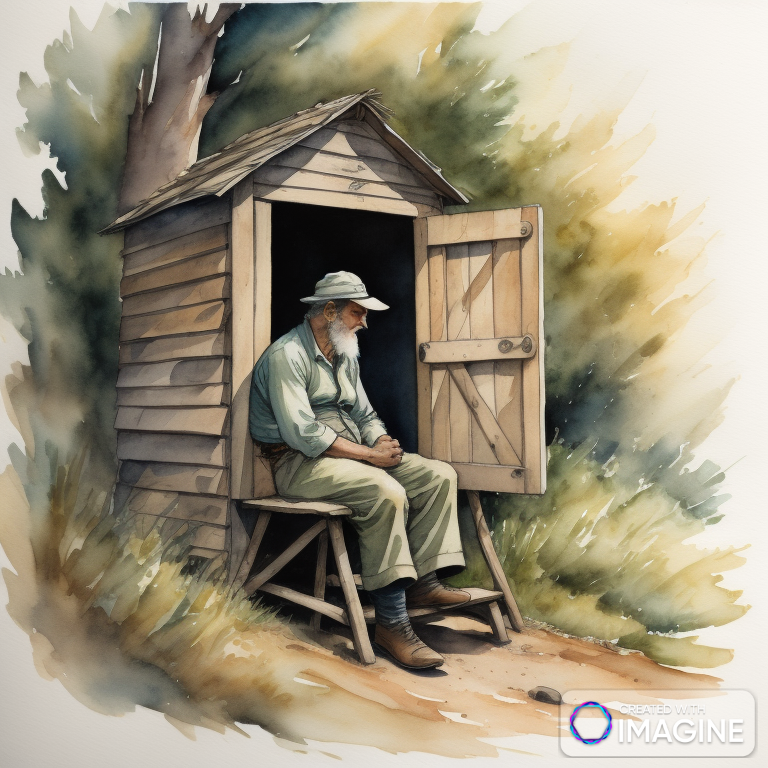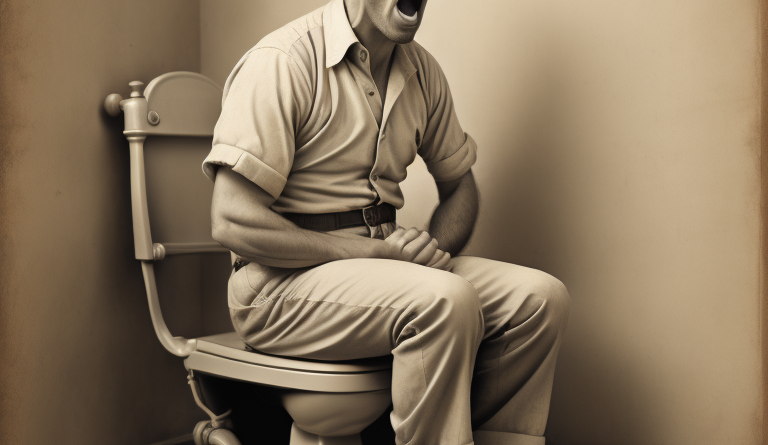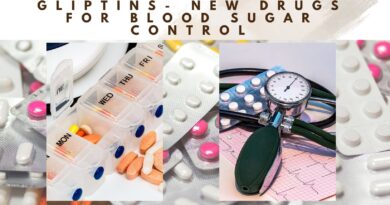What is Constipation? Your Ultimate Guide to Relief
Constipation
Constipation is a widespread digestive issue affecting millions worldwide. It can be not just uncomfortable but also painful and incredibly frustrating. If you’re tired of dealing with constipation and are searching for effective solutions, you’re in the right place. This comprehensive guide will equip you with the knowledge needed to overcome constipation once and for all.
Understanding Constipation
Constipation is a condition characterized by difficulty in passing stools and a decrease in the frequency of bowel movements. It’s a prevalent problem that affects individuals of all age groups. Several factors can contribute to its occurrence, including:
- Low-Fiber Diet: Diets lacking in fiber can lead to difficulty in bowel movements. Fiber adds bulk to stool, making it easier to pass.
- Dehydration: When the body is dehydrated, stools become hard and difficult to pass.
- Lack of Exercise: A sedentary lifestyle can result in stagnant stools. Exercise stimulates the digestive system, aiding in easier stool passage.
- Medications: Certain medications, such as painkillers, antidepressants, and blood pressure medications, can cause stools to harden, slowing down defecation.
- Underlying Health Conditions: Health issues like irritable bowel syndrome (IBS), hypothyroidism, and diabetes can contribute to constipation.
- Strictures or Obstruction: Occasionally, the large intestines may narrow due to previous infections or inflammation, obstructing the passage of stools.
Symptoms of Constipation
Identifying constipation is crucial. Common symptoms include:
- Difficulty in Passing Stool: Stool becomes hard and dry, making it tough to pass.
- Infrequent Bowel Movements: The frequency of bowel movements decreases, and some individuals may go without a bowel movement for several days.
- Abdominal Pain and Bloating: Constipation often leads to abdominal discomfort and bloating.
- Anal Fissures and Hemorrhoids: Straining during bowel movements can result in anal fissures and hemorrhoids.
The Dangers of Chronic Constipation
Chronic constipation can lead to several complications, including:
- Hemorrhoids: Straining during bowel movements can cause hemorrhoids, which are swollen veins in the rectum and anus.
- Anal Fissures: Chronic constipation can lead to anal fissures, small tears in the anus that cause pain and bleeding.
- Rectal Prolapse: Straining can cause the rectum to protrude from the anus.
- Bowel Obstruction: In severe cases, chronic constipation can result in a bowel obstruction, causing severe pain and requiring immediate medical attention.
Natural Remedies for Constipation – Diet and Lifestyle Changes

Preventing and treating constipation often involves making simple changes to your diet and lifestyle. Here are some natural remedies:
Fiber-Rich Foods That Prevent Constipation
Including high-fiber foods in your diet can prevent constipation. Some fiber-rich options include:
- Fruits and Vegetables: These are high in fiber and water, facilitating soft stools. Consider apples, pears, berries, broccoli, and spinach.
- Whole Grains: Whole grains are rich in fiber and can help prevent constipation. Examples include brown rice, whole wheat bread, and oatmeal.
- Legumes: Beans, lentils, and chickpeas are high in fiber and protein, making them excellent choices for preventing constipation.
For a comprehensive guide on fiber, refer to this article.
Hydration Tips for Regular Bowel Movements
Adequate hydration is essential for preventing constipation. Follow these hydration tips:
- Drink Plenty of Water: Aim for at least eight glasses of water daily to soften stools and promote bowel movements.
- Avoid Caffeine and Alcohol: These can lead to dehydration, resulting in hard stools.
- Eat Water-Rich Foods: Foods like watermelon and cucumber, high in water content, can help prevent constipation.
Herbs and Supplements for Constipation Relief
Certain herbs and supplements can alleviate constipation:
- Psyllium Husk: This natural fiber supplement creates bulk and regulates bowel movements.
- Magnesium: Magnesium relaxes intestinal muscles, aiding constipation relief.
- Aloe Vera: Aloe vera products promote bowel movements.
Over-the-Counter and Prescription Medications
In some cases, medication may be necessary:
- Laxatives: They help pass stool by softening it or stimulating bowel movements. Commonly prescribed options include Sodium picosulphate (Cremalax) and Bisacodyl (Dulcoflex).
- Stool Softeners: These soften stool for easier passage.
- Enemas: Enemas inject fluid into the rectum to soften stool and stimulate bowel movements. Pre-filled enema liquid for home use, such as Neotomic Enema, is available.
When to Seek Medical Attention for Constipation
While lifestyle changes and over-the-counter treatments often suffice, specific situations warrant medical attention:
- Severe Pain: If bowel movements are excruciatingly painful, seek medical help.
- Bleeding: Blood in stool or on toilet paper requires medical evaluation.
- Chronic Constipation: Consult your doctor for persistent constipation to rule out underlying health conditions.
Conclusion
Constipation can be uncomfortable and frustrating, but it’s manageable. Through dietary adjustments, hydration, exercise, and, when necessary, medications, you can alleviate constipation. If you experience severe pain, bleeding, or chronic constipation, don’t hesitate to seek medical attention. With the guidance and remedies provided in this ultimate guide, you can bid farewell to straining and embrace a healthier, happier digestive system.
Final Words
If you found this article valuable, consider sharing it with friends and groups via the social media icons below. Alternatively, click here to access more informative content.





After study a few of the blog posts on your website now, and I truly like your way of blogging. I bookmarked it to my bookmark website list and will be checking back soon. Pls check out my web site as well and let me know what you think.